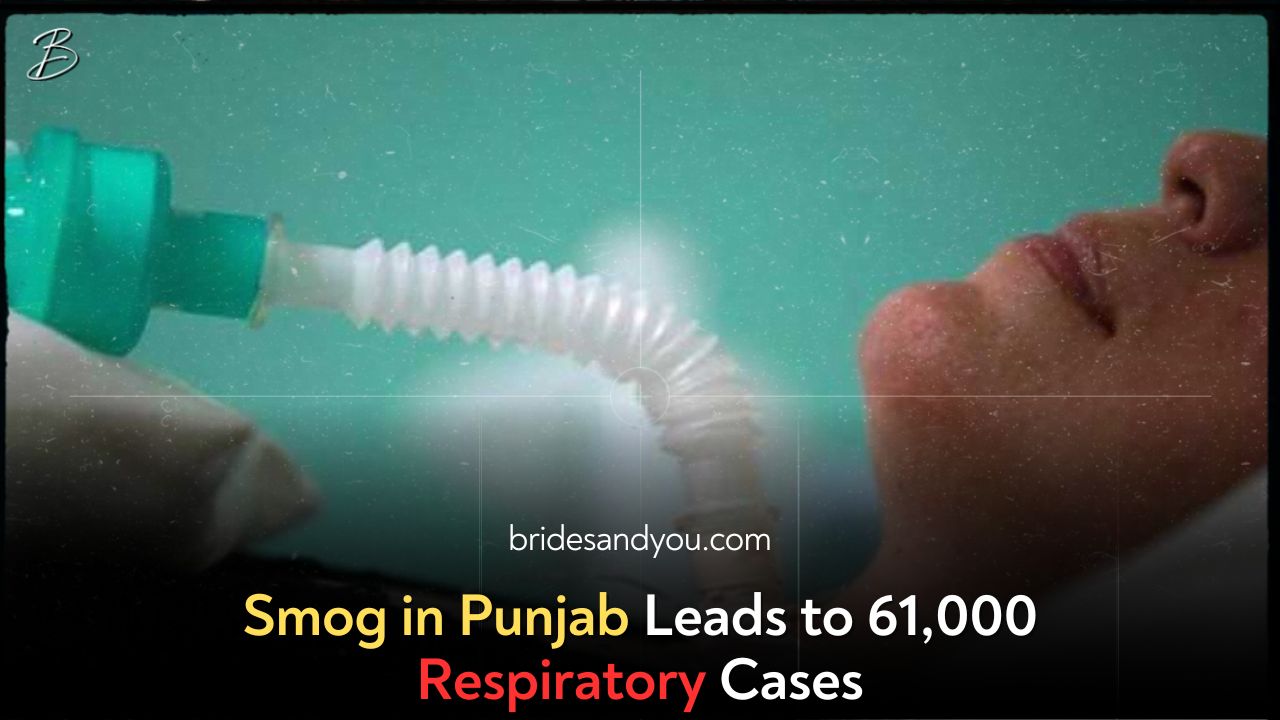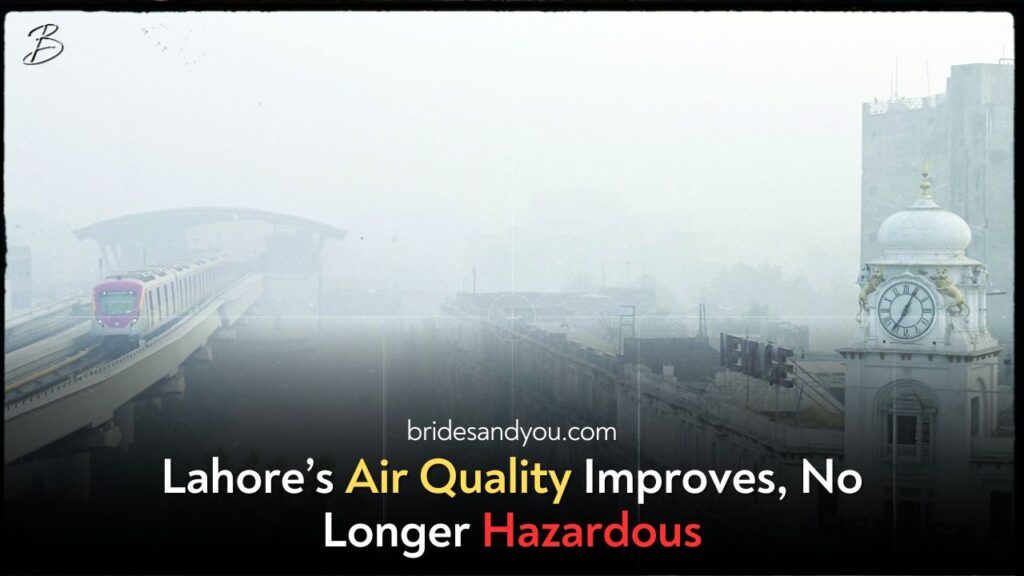Now Reading: Smog Crisis in Punjab: A Health Emergency Requiring Immediate Attention
-
01
Smog Crisis in Punjab: A Health Emergency Requiring Immediate Attention
Smog Crisis in Punjab: A Health Emergency Requiring Immediate Attention

The smog situation in Punjab has reached unprecedented levels, presenting a severe public health emergency. Recent statistics shared by the Punjab Primary and Secondary Healthcare Department paint a grim picture of how smog is wreaking havoc on health across the province.
Alarming Health Impacts of Smog
On a single day, 61,024 cases of respiratory diseases were reported, showcasing the urgency of the crisis. The health toll in the past 24 hours includes:
- 4,211 asthma cases
- 2,105 ischemic heart disease cases
- 181 strokes
- 385 conjunctivitis cases
Over the past 30 days, 1.92 million individuals sought medical care for smog-related health issues. Hospitals treated:
- 125,520 asthma patients
- 60,966 ischemic heart disease cases
- 5,701 stroke cases
- 14,007 conjunctivitis cases
In the last week alone, more than 455,283 respiratory disease cases were recorded, reflecting the escalating burden on the healthcare system.
Lahore: The Epicenter of the Crisis
As the provincial capital, Lahore bears the brunt of the smog crisis. Over the last month, health data from Lahore has revealed:
- 132,569 respiratory disease cases
- 6,613 asthma cases
- 13,585 ischemic heart disease cases
- 706 strokes
- 3,269 conjunctivitis cases
On Saturday alone, Lahore recorded staggering health numbers, including:
- 3,690 respiratory disease cases
- 209 asthma cases
- 552 ischemic heart disease cases
- 56 strokes
- 63 conjunctivitis cases
Government Response
To address the mounting health emergency, the Punjab government has assured citizens that hospitals are well-prepared and fully equipped to manage the influx of smog-related cases. However, this assurance needs to be paired with proactive measures to mitigate smog and its long-term impacts on public health.
Key Takeaways for Individuals
- Stay Indoors: Limit outdoor activities, especially during peak smog hours.
- Use Masks: Wear protective masks to reduce exposure to polluted air.
- Air Purifiers: Consider investing in air purifiers for cleaner indoor air.
- Hydration and Nutrition: Stay hydrated and maintain a healthy diet to boost immunity.
- Monitor Health: Seek medical advice at the earliest signs of respiratory or cardiac distress.












